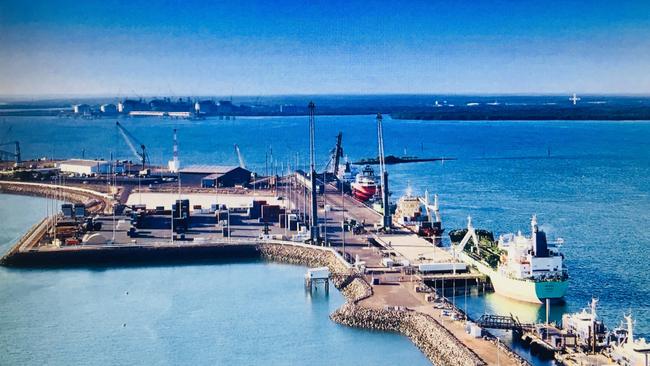
Just weeks into replacing Tony Abbott as prime minister, Malcolm Turnbull had to deal with the port lease announcement at precisely the same time defence minister Marise Payne and foreign minister Julie Bishop met their US counterparts in Boston for the 2015 AUSMIN talks. The ministers announced they had “decided to pursue enhanced naval co-operation across all domains”.
With spectacularly bad timing the Darwin port lease was made public just as the US secretaries of state and defence returned to Washington DC.
No one had raised this at AUSMIN. A senior American official told me that news went off around the Pentagon like an atomic bomb.
Barack Obama ticked off Turnbull, saying the US would have liked to have been told. Turnbull said Obama should have been reading the NT News. Imagine the US treating our strategic concerns with such indifference.
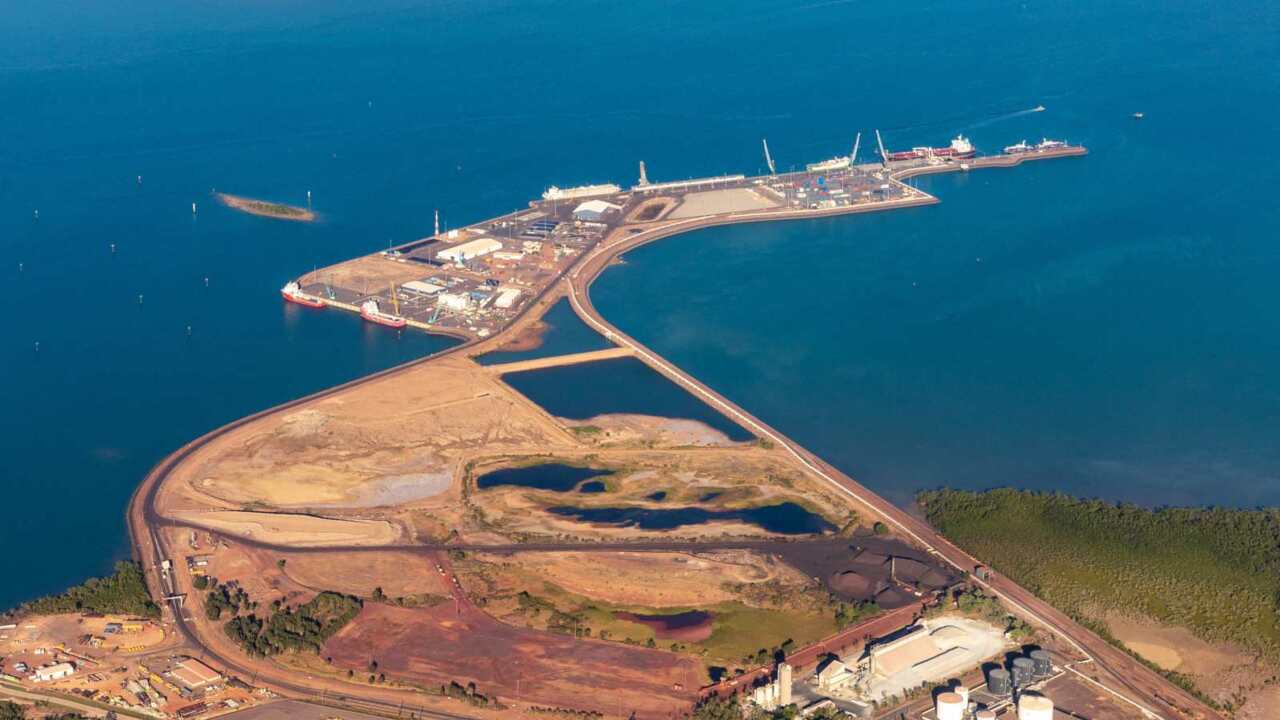
In fact, Turnbull and then treasurer Scott Morrison knew they had a problem. A loophole in the foreign investment rules excluded state- and territory-owned assets from federal oversight on national security or any other grounds.
Morrison closed the loophole, but was too late to prevent the Port of Darwin lease. Even before that, Defence had decided nothing needed to be done. A 2015 Defence note, released under Freedom of Information, records an official saying of Chinese company Landbridge: “This is a private company, Australian managed, and operated with a significant degree of autonomy, by Australian-based people.” This was a spectacularly naive misunderstanding about how companies operate under Chinese communism.
Subsequently, Defence, the Prime Minister’s department, ASIO and others have all found ways, over several reviews, to say that leasing Australia’s only significant northern port to a Chinese company for a century presents no strategic concerns.
Defence’s initial “defence” of its non-decision was that the Port of Darwin was separate to the navy’s tiny patrol boat base. The department didn’t make a broader judgment about national security.
The review released by the Department of Prime Minister and Cabinet last Friday points to a “robust regulatory system in place to manage risks to critical infrastructure”. Such is the alertness of our national security guardians that “Australians can have confidence that their safety will not be compromised”. The statement acknowledges “the importance of the Port of Darwin as a key piece of critical infrastructure” but the focus on risks to the “safety” of Australians moves the attention away from national security.
The bigger picture is clear: China is becoming militarily aggressive in our region. Since the lease of the Port of Darwin, Beijing illegally took over disputed territory in the South China Sea, building new military air bases and sea ports. Chinese military power projects much further south to the Indonesian archipelago. Routine Chinese air and naval patrols and intelligence-gathering ships now operate in Australian waters.

These developments make northern Australia much more strategically important. This is why the US Marine Corps and US Air Force presence in the north is growing, and why they are building up fuel and other stores. It is also why US Virginia -class submarines will operate out of our western navy base from 2027. And it is why Australia is developing plans for nuclear-powered submarines.
The Albanese government should have overturned the lease because we, and our key ally, the US, need that facility to expand and secure a larger military presence in the north. The recently released Defence Strategic Review says “there is a clear need to have the correct infrastructure and logistics support in the right locations to project and sustain power”.
The report’s focus on northern Australia makes it obvious the Port of Darwin issue will have to be addressed soon, even if the government’s immediate priority is to smooth political waters with China before Albanese visits Beijing.
The Port of Darwin issue has become so toxic that no politician, will defend the lease. That’s why we got a departmental press release issued late on Friday.
Make no mistake: it is the officials who are doing the government’s bidding. We saw in the Robodebt royal commission how officials will always contrive to deliver the results government wants. Inconveniently for Albanese, just two days before the PM&C Port of Darwin statement, the director-general of ASIO, Mike Burgess, joined his Five Eyes intelligence partners in Silicon Valley, California, to warn about Chinese intellectual property theft through spying.
Burgess said: “The Chinese government is engaged in the most sustained, scaled and sophisticated theft of intellectual property and expertise in history. It is unprecedented and it is unacceptable. China has developed a ruthless business model to seize commercial advantage.”
That ruthless business model also applies to China’s desire to control other countries’ critical infrastructure. In China, Landbridge presented the Port of Darwin lease as a triumph for Xi Jinping’s Belt and Road strategy.
The lease has now become a critical block to Australia making urgent changes to strengthen our defence position in the north and to support the expansion of a US military presence. That presence may embarrass some in Labor, but they should thank their lucky stars for its deterrence value because our own defence capabilities are in such a shambolic state.
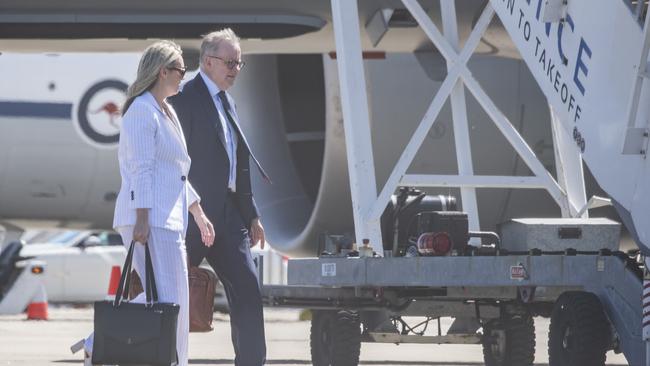
Albanese is not moving on the urgent work needed to strengthen our security in the north for the sake of promoting a content-free trip to Beijing to mark Gough Whitlam’s 1973 visit.
Labor’s failure to expand the defence budget, its gutting of the army’s vehicle plans, its prevarications over naval shipbuilding and on deciding the location of the east coast submarine base are sacrificing national security, all centred on the dubious claim that relations with China are “stabilised”. China’s strategic game plan hasn’t changed.
China has slowly ended its coercive trade measures, judging that a method of drip-feeding these concessions will make the Albanese government more compliant and less critical. That aim has been achieved. In the first six months of the Albanese government, defence looked as though it was about to get more funding. In the past six months that effort has disappeared. Security has been replaced by statecraft and the fanciful claim that relations with China have stabilised. In Beijing, Albanese will realise there is no truth to the claim. He will privately be told by his hosts that Australian behaviour is the source of all our bilateral problems.
China will not offer any concession on its military growth, threatening Taiwan or bullying neighbours. Publicly, the Chinese will afford Albanese every opportunity to indulge his hero worship of Whitlam’s visit half a century ago. The Chinese know how to gull foreign leaders – recall Emmanuel Macron’s fawning performance of a few months ago.
The risk for Albanese is that the visit will make him look weaker on China in Australia by celebrating small concessions in trade and ignoring the big strategic changes sweeping the world.



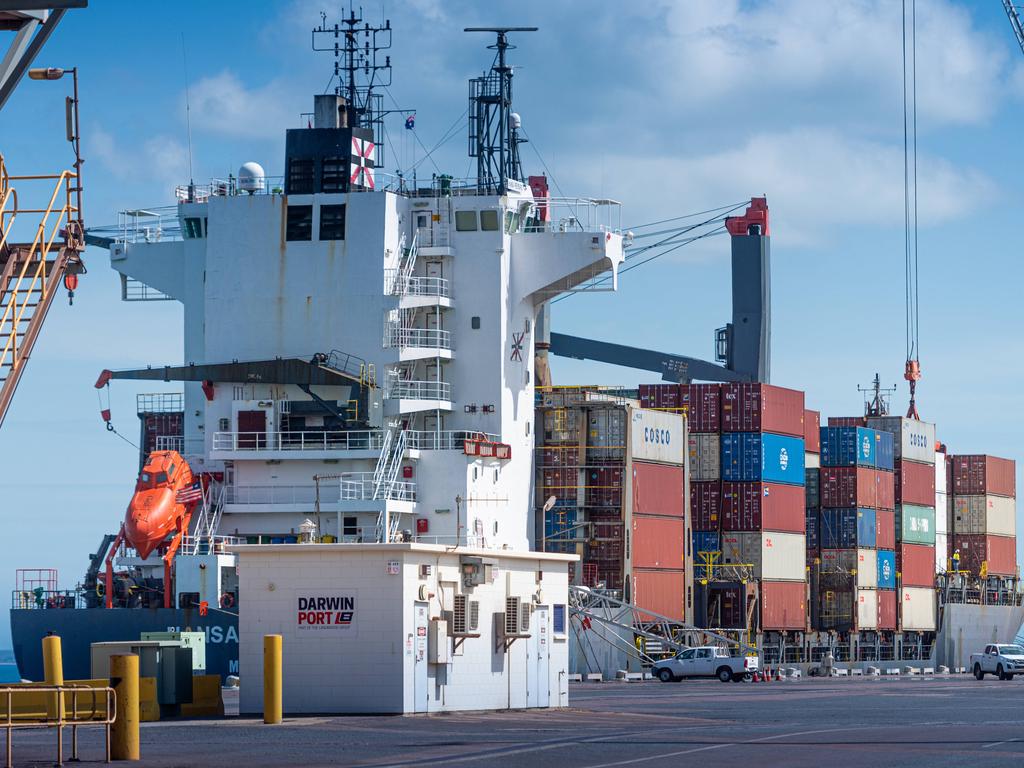
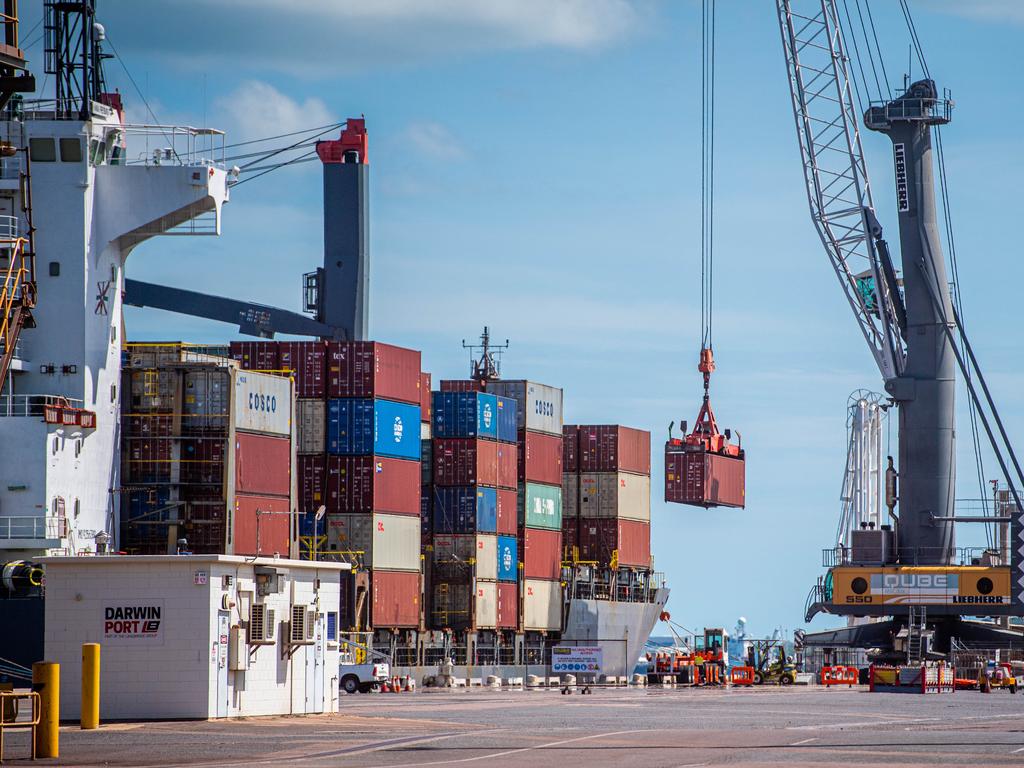
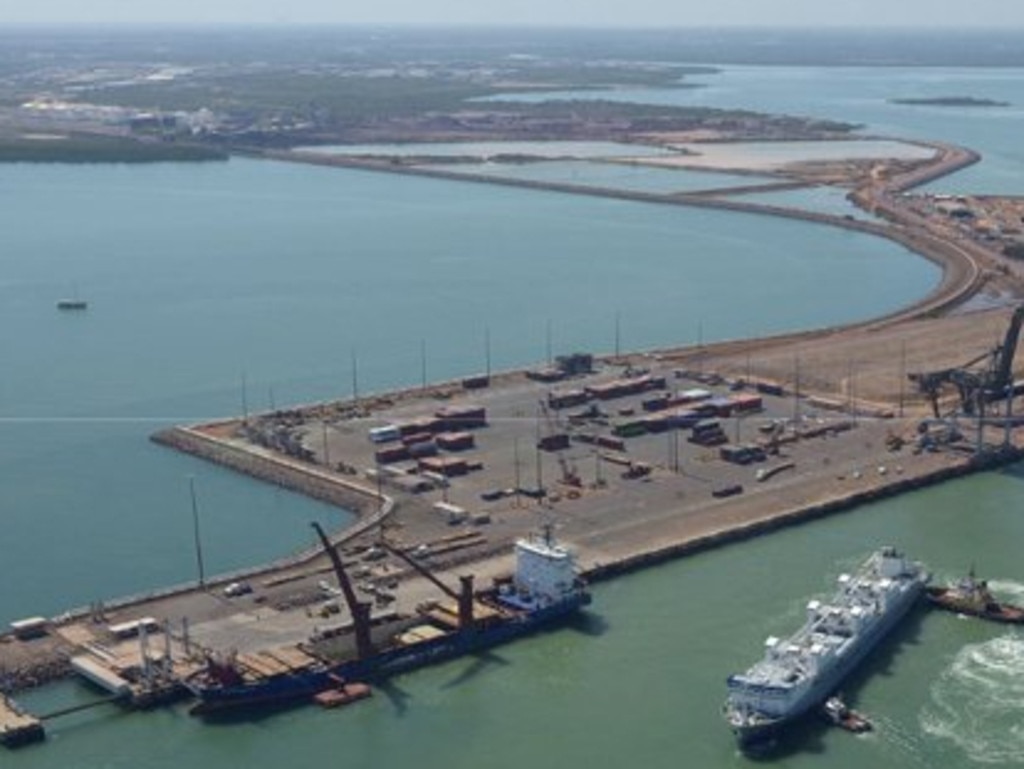


Yet another review has defended the absurd 2015 Northern Territory decision to lease the Port of Darwin to a Chinese company for 99 years. The lease continues to dog successive federal governments and is undermining defence planning.